The Texas Comptroller of Public Accounts has proposed significant amendments to its service receipts sourcing regulation in the wake of the Texas Supreme Court’s decision in Sirius XM Radio, Inc. v. Hegar, 643 S.W.3d 402 (Tex. 2022). The proposed amendments would dispense with the Comptroller’s long-standing “receipts-producing, end-product act” test and align the underlying regulation with the SiriusXM decision.
Recent Measures Establish Unprecedented Tax Increases on Real Property in California Cities
Our state and local tax team collaborated with our real estate colleagues to summarize the effects of Measure ULA (Los Angeles), Measure GS (Santa Monica), Measure M (San Francisco) and Measure K (Palo Alto). 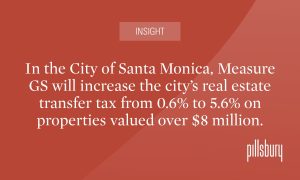
Read More: Recent Measures Establish Tax Increases on Real Property in CA Cities (pillsburylaw.com)
California Extends Deadlines to File and Pay Taxes for Businesses and Individuals Affected by Severe Winter Storms
Following the IRS’s announcement of tax relief for 41 California counties* affected by severe winter storms, the California Franchise Tax Board (FTB) and California Department of Tax and Fee Administration (CDTFA) announced similar relief for state-level taxes and fees.
Maryland Digital Ad Tax Updates: Comptroller Seeks Stay of State Court Decision Striking Tax and Recently Dismissed Federal Challenge is Under Appeal

The saga continues over Maryland’s Digital Advertising Gross Revenues Tax (Digital Ad Tax), much to the chagrin of Peter Franchot, Comptroller of Maryland, who is tasked with administering and enforcing the tax and has publicly issued concerns with the constitutionality of the tax.
Welcome to Pillsbury SALT, Nolan!
Pillsbury SALT is excited to welcome Nolan Kessler to the team!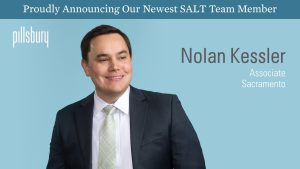
Nolan’s experience includes all aspects of state and local tax matters.
He joins Pillsbury’s Sacramento office as an associate.
5 Questions with Nolan: Continue Reading ›
Second Place Is Just the First Place Loser: Ohio Supreme Court Rejects State’s Sourcing of NASCAR Intangible Receipts to Ohio
In a much-anticipated decision concerning the situsing of receipts from intangibles for Ohio commercial activity tax (CAT) purposes, the Ohio Supreme Court rejected the Ohio Department of Taxation’s attempt to situs NASCAR Holdings, Inc.’s broadcast revenue, media revenue, licensing fees, and sponsorship fees to Ohio. The court’s opinion in NASCAR Holdings, Inc. v. McClain, Slip Op. No. 2022-Ohio-4131 (Nov. 22, 2022), confirms that under Ohio law receipts based on the right to use intellectual property may be sitused to Ohio only if the receipts, i.e., the underlying payments, are tied to a specific right to use the property in Ohio. Continue Reading ›
attempt to situs NASCAR Holdings, Inc.’s broadcast revenue, media revenue, licensing fees, and sponsorship fees to Ohio. The court’s opinion in NASCAR Holdings, Inc. v. McClain, Slip Op. No. 2022-Ohio-4131 (Nov. 22, 2022), confirms that under Ohio law receipts based on the right to use intellectual property may be sitused to Ohio only if the receipts, i.e., the underlying payments, are tied to a specific right to use the property in Ohio. Continue Reading ›
Texas Court of Appeals Confirms Cost-of-Performance Method Is Proper to Source Service Receipts
The Texas Court of Appeals agreed with Sirius XM Radio Inc.’s (Sirius XM) cost-of-performance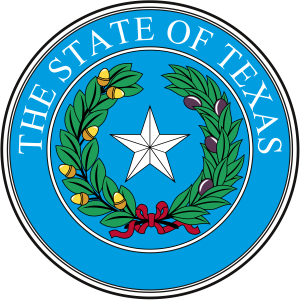 (COP) method to determine the fair value of Sirius XM’s services performed in Texas. Continue Reading ›
(COP) method to determine the fair value of Sirius XM’s services performed in Texas. Continue Reading ›
2022 California Alliance of Taxpayer Advocates Annual Conference
Pillsbury SALT partners Breann Robowski and Craig Becker will be presenting at the 2022 California Alliance of Taxpayer Advocates Annual Conference, December 7-9, 2022.
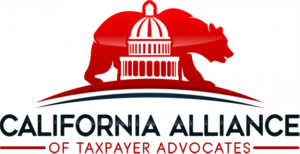
Pillsbury SALT’s Carley Roberts Featured by California Lawyer’s Association’s “Toast to Women in Tax: Inspiring Leadership”
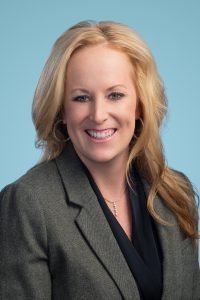
Pillsbury SALT’s Carley Roberts has been featured by California Lawyer’s Association’s “Toast to Women in Tax: Inspiring Leadership” at the 2022 Tax Annual Meeting.
Pillsbury SALT Attorney Zachary Atkins Comments on the Rise of Sourcing Disputes as “Look-Through Sourcing” Methods Gain Traction
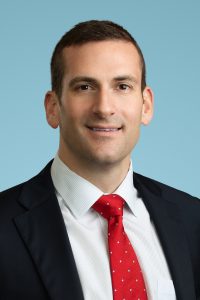
Pillsbury SALT’s Zachary Atkins was quoted in the recent Law360 article, “‘Look-Through’ Sourcing Causes Many Disputes, Panelists Say.”
For more information, click here.



